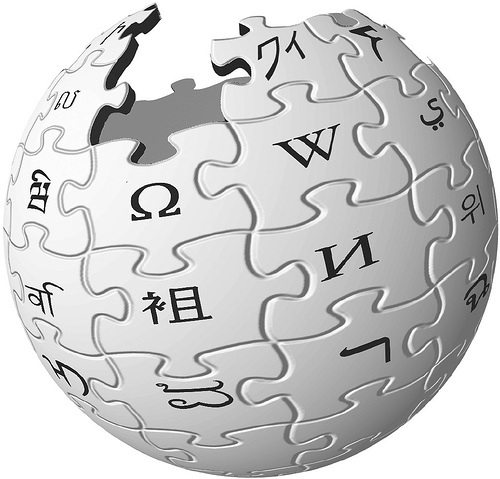
September 29, 2013; New York Times
Sign up for our free newsletters
Subscribe to NPQ's newsletters to have our top stories delivered directly to your inbox.
By signing up, you agree to our privacy policy and terms of use, and to receive messages from NPQ and our partners.
The University of California, San Francisco has announced that the college will be giving medical students course credit in exchange for editing health-related Wikipedia pages. This is allegedly the first time a university has offered credits in exchange for Wikipedia work, and the endeavor is part of a movement toward ensuring Wikipedia medical pages have accurate and high-quality information.
The New York Times spoke with Dr. Amin Azzam at the UCSF School of Medicine, who credited his former student, Dr. Michael Turken with helping create the course. When a friend inquired about the span of time during which HIV tests could give false negative readings, a quick online search brought up a Wikipedia article that stated tests could give false negatives for a two-week period. But after checking this number in literature sources, Turken discovered the page was actually incorrect; HIV tests could read false negative for up to 28 days. Dr. Turken corrected the page, and then looked into how many people had viewed the article online: a whopping tens of thousands per month. Turken spoke with his professor, Dr. Azzam, viewing this as an opportunity for students to enhance the magnitude of Wikipedia’s becoming a “collaborative effort” internationally for medicinal knowledge.
Dr. Azzam plans to meet with students for two days initially to strategize writing and editing requirements, and then professors will be able to track their work through Wikipedia. NPQ is a big fan of the Wikimedia Foundation’s mission (see a recent interview with Anasuya Sengupta, senior director of grantmaking at the Wikimedia Foundation) and Wikipedia as a collective endeavor, and loves the idea of institutions encouraging students to amplify this valuable resource. Will other colleges follow suit in building up Wikipedia as a vital source of information globally?—Aine Creedon













